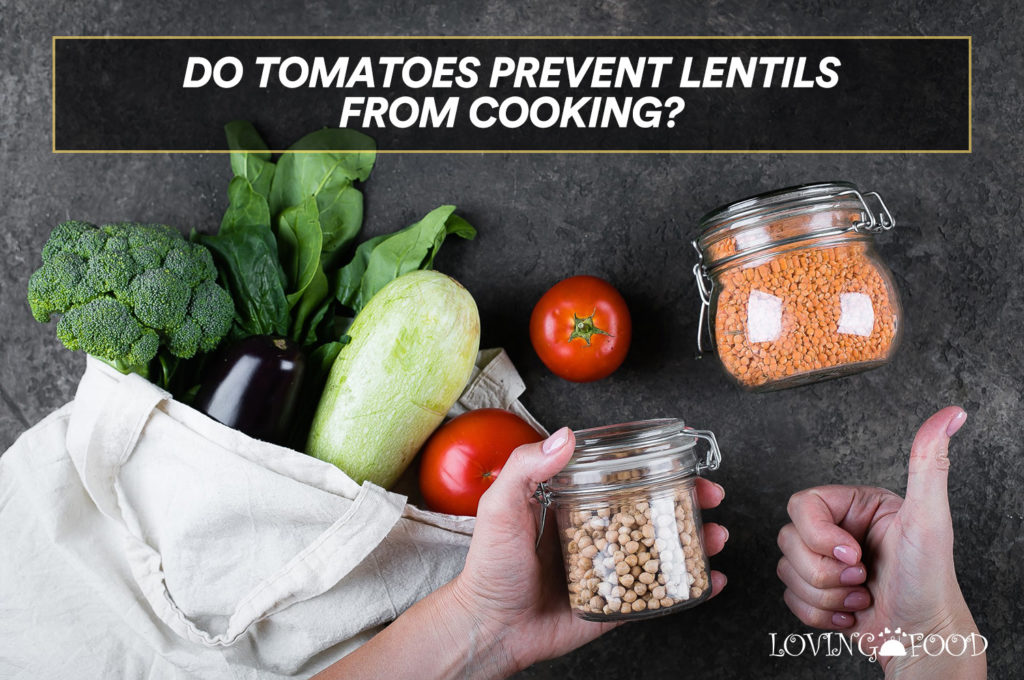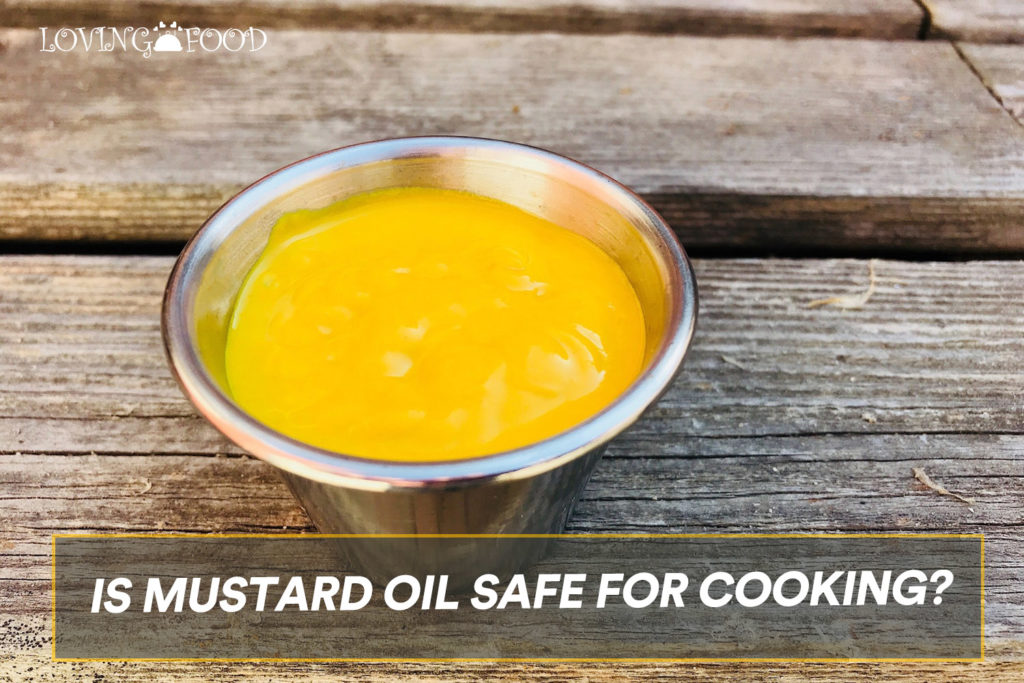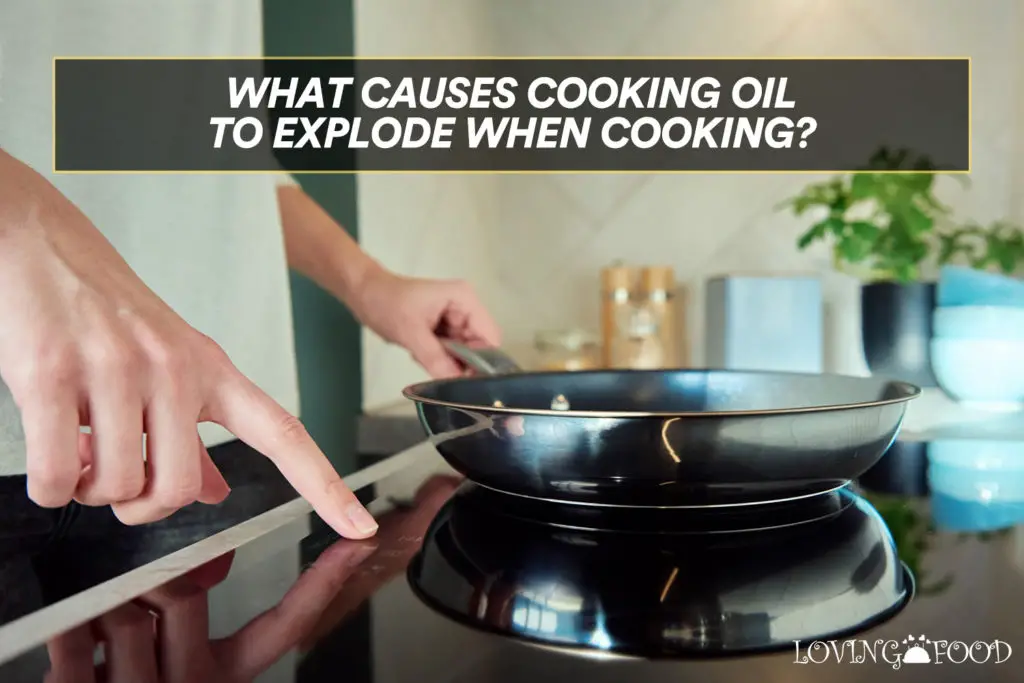If you’ve just started to watch what you eat or cook with, you’re right to want to know if cooking oils are gluten-free and if not all, which ones are gluten-free and those that have gluten in them but first to answer your question;
Every cooking oil is inherently gluten-free because they are made from gluten-free sources like olives and grapes, there is a possibility they no longer retain this status because of cross-contamination. This is a process where a wheat-containing substance, which worsens the celiac disease, is unintentionally transferred from one substance to the cooking oil. This can happen while they are manufactured, processed, or stored.
Glutens are wheat-related and are found in sources like rye, spelled, oats, Kamut, or barley. Whenever gluten-free oils come in contact with any of these types of ingredients, additives, or flavors during their manufacturing or processing, they carry gluten.
You need to know more about why and how cooking oils lose their freedom from gluten. This article will tell you how to know if cooking oil is gluten-free and also recommend to you gluten-free cooking oils that are safe for your consumption.
Not Every Cooking Oil Is Gluten-Free
Many cooking oils like vegetable oil, soya bean oil, olive oil, sunflower oil, and canola oil are gluten-free because of the sources they are made from. Olive oils for instance are made from olives that do not contain gluten in any way. Vegetable oils are also made from gluten-free seeds.
Moreover, not all of these cooking oils, though made from a gluten-free source, are gluten-free.
Contact with ingredients, flavors, and additives that contain gluten makes them cross-contaminated with gluten. This is why you can hardly be sure your cooking oil is gluten-free.
Under What Circumstance Can Cooking Oils Become Gluten
It can be a thing of wonder to know that cooking oils that are gluten-free by default can end up containing some level of gluten. We have mentioned that their contact with additives, ingredients, and flavors containing gluten are the problems. How does this happen?
1. The facility where the cooking oil is produced
If the cooking oil is produced in a facility where wheat products are also produced, there is a big possibility for the cooking oils to be cross-contaminated. Wheat is the source of gluten.
According to Hian Celestial Group Products, this makes it important for companies, in this case, to ensure their manufacturing facilities follow strict allergen control programs such as staff training, segregation of allergen ingredients, production scheduling, and detailed cleaning and sanitation.
2. The equipment used to produce the cooking oil
The equipment used to produce wheat germ oil can also be used to produce olive oil. If this happens and the same equipment used to produce wheat is used to produce the cooking oil, there is a big chance of gluten cross-contamination.
This is why an oil brand like Spectrum that also produces wheat ensures scrutiny of all its processing procedures and equipment.

2. Added flavors
Flavors generally have their ingredient composition. When a flavor that is made from a gluten grain is added to the cooking oil, it mixes with it and makes the cooking oil carry some level of gluten. Flavored oils can easily suffer* from cross-contamination from gluten additives and ingredients.
Tip: Be careful of cooking oils that contain corn starch and vegetable starch.
How Do You Know If Your Cooking Oil Contains Gluten?
With some level of carefulness and patience, you can determine if your cooking oil has gluten or not. This is what you should do.
1. Check the label
For people who are gluten intolerant, one important piece of advice you must embrace is to always check the label of the products you want to eat or buy. It is a good way to decide if you should use that cooking oil or not because it should be clearly stated.
However, you must note that many manufacturers do not boldly state that their products contain gluten. So how do you know from the label?
2. Go through the ingredients
Manufacturers may not write on the labels that the cooking oil contains gluten, but the ingredients listed can give them away. Looking out for certain terms that denote the presence of gluten can be a signal for you.
You should watch out for terms like Triticale, Secale Cereale, Hordeum Vulgare in vegetable oils. If it is spelled out that the cooking oil is made using any of these: Coloring agents, Seasonings, Flavoring agents, Dextrin, Hydrolyzed Plant Protein (HPP), and Hydrolyzed Vegetable Protein (HVP), you shouldn’t consume it.
Tip: Run away from cooking oils with vague terms that appear suspicious. They most likely contain gluten.
3. Contact the manufacturer if you need clarification
In some cases, you might need to contact the manufacturer if you have questions about the cooking oil. This is usually a good way to clear your curiosities, especially in cases where you are buying an already manufactured food or pastry. You need to be sure of the type of cooking oil they used.
4. Trust and stick to a certified gluten-free product
To save yourself the stress of doubts and confirmations, you can trust brands of cooking oils that are certified gluten-free and stick to them. Hian Celestial Products Group, for instance, specifies Gluten-Free Certification by GFCO.
You should also use high-quality oils because they are more often the ones with this certification. They usually do not include any additives and are minimally processed. A good example of this type of gluten-free oil is La Tourangelle.
Recommended Gluten-Free Oils
Since you’re most likely reading because of celiac disease, we would be recommending cooking oils to you according to Celiac Disease and Gluten-free diet. These oils are processed in facilities that do not process wheat, so there’s no risk of cross-contamination in any way.
- Bariani Extra-Virgin Olive Oil
- Expeller Pressed Grapeseed oil
- Jovia Extra-virgin Olive Oil
- Organic Canola Oil
- Organic High Heat Sunflower Oil
- Whole Foods Market Refined Walnut Oil
- Whole Foods Market Peanut Oil
- Whole Foods Market Refined Almond Oil
- Whole Foods Market Organic Sesame Oil
- Whole Foods Market Organic Avocado Oil.
What cooking oil is not gluten-free?
Any cooking oil that contains flavors, additives, and gluten ingredients that include any form of wheat is not gluten-free. These are things that cause cross-contamination and should be looked out for when choosing gluten-free cooking oil.
What brand of vegetable oil is gluten-free?
The following brands of vegetable oils are gluten-free and safe to consume:
Goya Foods Vegetable Oil (24 Fl Oz, 48 Fl Oz)
Crisco Pure Vegetable Oil (16 Fl Oz, 32 Fl Oz)
Amazon Brand- Happy Belly Vegetable Oil (128 Fl Oz)
AVO Organic 100% Vegetable Oil (64 Fl Oz)
Pure Wesson Vegetable Oil (160 Fl Oz)
Wesson Best Blend Pure 100% Natural Vegetable And Canola Oils (48 Fl Oz).
Note: Any vegetable oil can be declared gluten-free if the gluten content in it is within the allowed 20ppm limit.
Does gluten stay in oil?
Yes, gluten stays in oil after coming in contact with it. This happens through a process called cross-contamination; when a wheat-containing substance is unintentionally transferred to cooking oil.
What cooking ingredients contain gluten?
The following food ingredients contain gluten and you should avoid them:
- Couscous
- Graham flour
- Durum
- Barley, Barley Malt, Barley flour
- Bulgur
- Bran
- Malt vinegar, Malt Flavorings, Malted Milk, Matzo
- Farro
- Kamut
- Hydrolyzed wheat protein
- Semolina, Seitan, Spelt
- Wheat, Wheat flour, Wheat germ
- Rye
- Triticale
- Cooking sprays that contain wheat flour
- Seafood or breaded vegetables that are floured.
Final Thoughts
Gluten is found in whole grains like wheat, bread, and flour. Over-processing however exposes cooking oils to gluten, so cooking oils with additives and flavors should be avoided.
Particularly, consumers who do not want the smallest trace of gluten should avoid products that include natural flavors. Meanwhile, if you don’t have celiac disease, some small amount of gluten in your cooking oil is not bad because you are not susceptible to symptoms like abdominal pain and irritability.
Now that you know cooking oils can contain gluten, you can be more careful and eat healthily.
More from Cooking FAQs:









